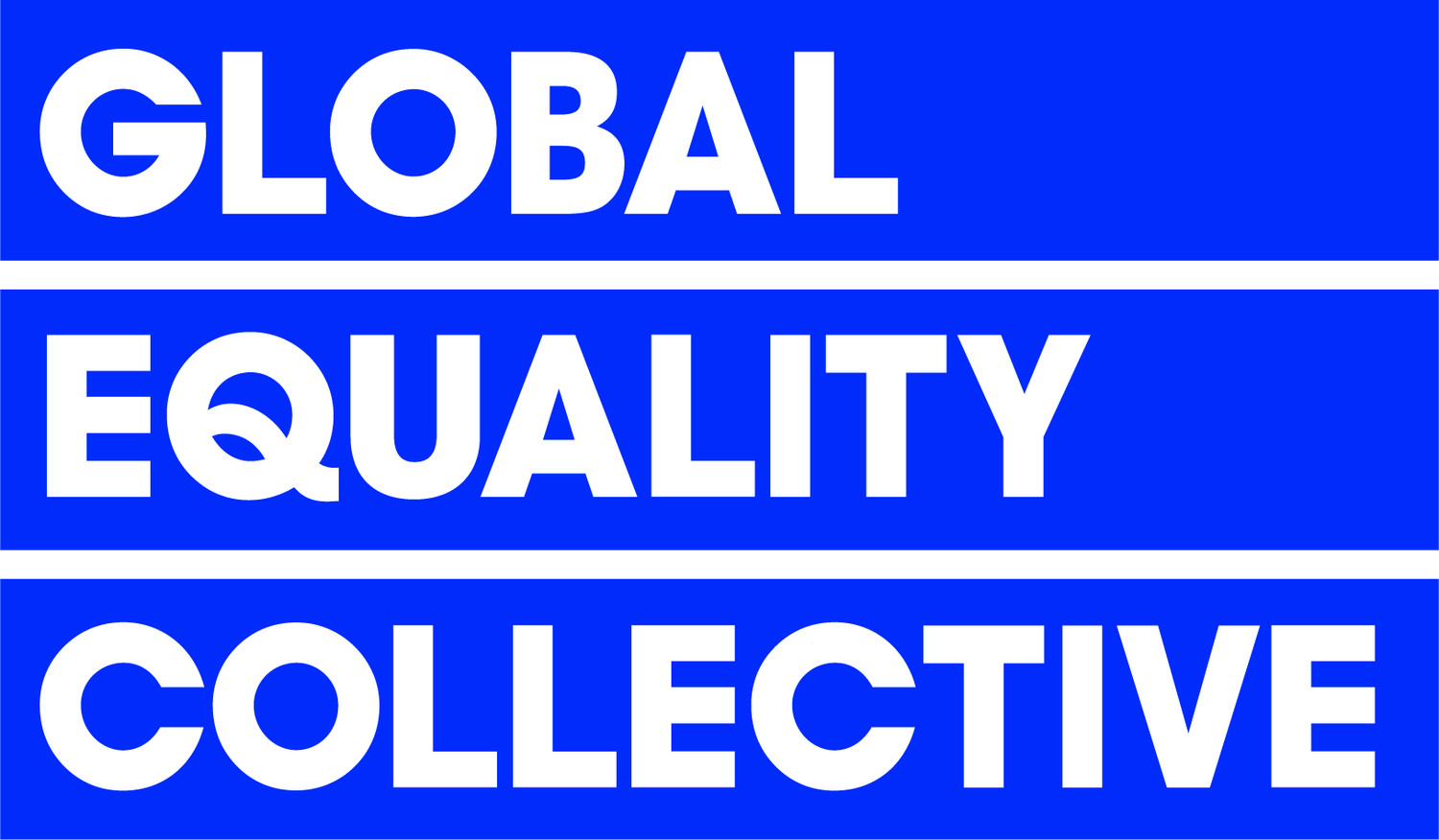GEC Inclusion Index - Student - Key Behavioural Area 10
Wider Curriculum
“I do not "take part" in the wider curriculum at school.”
66.1% agree
⬇ Worsening concern
So what?
Participation in enrichment activities — like clubs, arts, and sports — is one of the most powerful ways schools build confidence, connection, and aspiration. But 66.1% of students across our GEC Platform dataset say they don’t take part in these wider opportunities.
That means over half of students are excluded from the very spaces that research links to higher achievement, improved wellbeing, and a stronger sense of school belonging.
📣 What We Heard
“Clubs are after school but I have to help at home. So I can’t go.”
“There are no activities I can do because of my wheelchair.”
“The sports club feels like it’s only for the boys.”
“There’s nothing for queer students.”
“I wish there were clubs for people like me who don’t like loud noise or teams.”
The GEC Platform: Proven Solution
The GEC Platform helps schools audit enrichment access by identity, need, and feedback. It shows which groups are missing, why, and what they’re asking for instead.
Combined with our staff survey, schools can align perception and provision — and act on the gaps. Through dynamic reports and guidance from the GEC Circle, we support schools to co-create inclusive enrichment that works for all learners.
See how the platform has provided an inclusion framework to hundreds of schools, in their own words by reading our reviews.
The Kaleidoscope View
Our Kaleidoscopic Data reveals that access to the wider curriculum is far from equal. Key barriers include:
Caring responsibilities for students from low-income or multi-generational households
Physical inaccessibility for disabled students
Cultural and gender exclusion, particularly for girls, Muslim students, and Global Majority students
Neurodivergent needs for quiet, low-pressure environments
For many students, it’s not a lack of interest — it’s a lack of access, invitation, or safety.
These participation gaps matter. Students who aren’t involved in enrichment were more likely to:
Report low belonging
Have no trusted adult at school
Score lower on inclusion and curriculum identity
Say they had missed school due to feeling unsafe
Meanwhile, schools that had reimagined the wider curriculum — offering student-led groups, gender-neutral sports, quiet creative spaces, and identity-based clubs — saw improved engagement and student wellbeing. As one student shared:
“There’s a poetry club at lunch run by students. It’s the one place I feel OK.”
Next Steps & Free Stuff
📌 Explore Pinboard resources like Superkind and Swoperz — great for inclusive enrichment
💬 Join GEC events to hear from organisations who lead this work, or follow us on socials for inspiration from the field
✍️ Read our blogs on inclusive clubs, PSHE and wider curriculum
📊 Use the GEC Score Card to see where your wider curriculum hits the mark — and where it could go even further.






